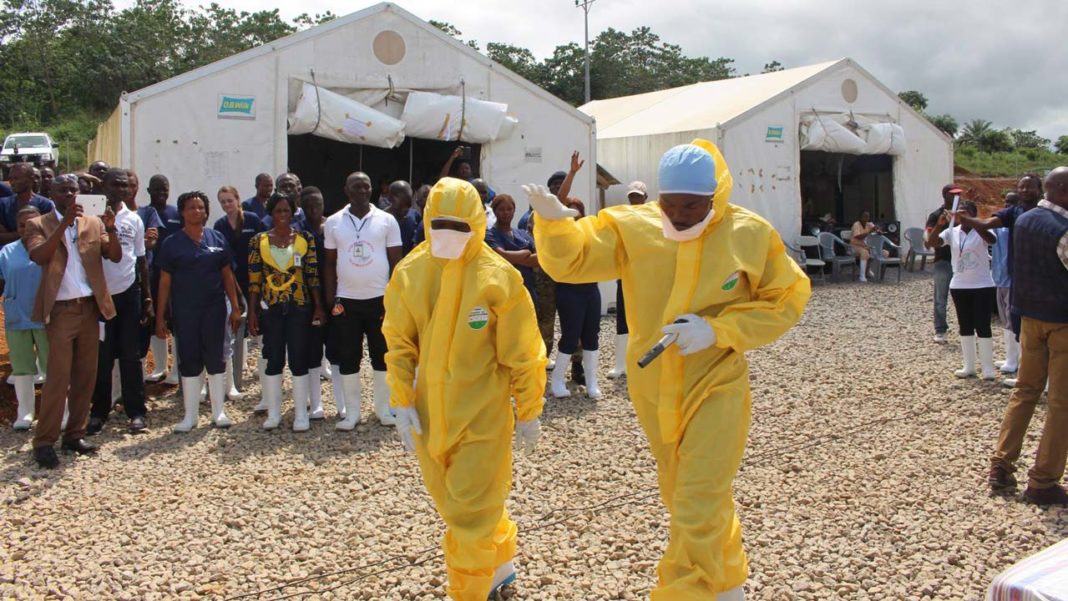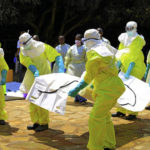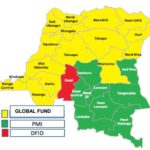Friday’s meeting of the Emergency Committee convened by the WHO Director-General in Geneva, Switzerland under the International Health Regulations (IHR) (2005) regarding Ebola virus disease (EVD) in the Democratic Republic of the Congo (DRC) warned that the deadly disease could spread into neighbouring countries. Uganda borders DRC on the western frontline.
“The Committee wished to express their deep concern about the recent increase in transmission in specific areas, and therefore the potential risk of spread to neighbouring countries,” the latest WHO statement says.
“Because there is a very high risk of regional spread, neighbouring countries should continue to accelerate current preparedness and surveillance efforts, including vaccination of health care workers and front-line workers in surrounding countries,” the statement said Friday.
It added that cross-border collaboration should continue to be strengthened, including timely sharing of data and alerts, cross-border community engagement and awareness raising. In addition, work should be done to better map population movements and understand social networks bridging national boundaries.
The committee however noted that the on-going Ebola outbreak in DRC’s North Kivu and Ituri provinces does not constitute a Public Health Emergency of International Concern (PHEIC).
The Committee in the statement commended the efforts of responders from the government of the Democratic Republic of Congo, the World Health Organization and partners to contain the outbreak in a complex and difficult setting.
Additionally, the Committee has provided the following public health advice: Redouble efforts to detect cases as early as possible, identify and follow up all contacts, ensure the highest level of coverage vaccination of all contacts and contacts of contacts. And that sustained efforts must be made to prevent nosocomial transmission and to shorten time between onset of disease and access to high standards of care and therapeutics at Ebola treatment units.
The committee also has said special emphasis should be placed on addressing the rise in case numbers in the remaining epicentres, notably Butembo, Katwa, Vuhovi, and Mandima.
“The Committee advises WHO and all partners to identify, target, and scale up community dialogue and participation, engagement of traditional healers, and other community engagement tactics to strengthen and broaden community acceptance,” according to the WHO statement.
The committee further called for the safety of responders to be prioritized, while avoiding the securitization of the response.
“The Committee maintains its previous advice that it is particularly important that no international travel or trade restrictions should be applied. Exit screening, including at airports, ports, and land crossings, is of great importance; however, entry screening, particularly in distant airports, is not considered to be of any public health or cost-benefit value,” the statement said, adding that the committee strongly emphasized the critical need to strengthen currents efforts in both preparedness and response. This will require substantial, immediate and sustained additional financial support.
“While there is no added benefit to declaring a PHEIC at this stage, there was concern about current levels of transmission requiring close attention to the evolving situation. The committee advised the WHO Director General to continue to monitor the situation closely and reconvene the Emergency Committee as needed,” the statement said.








